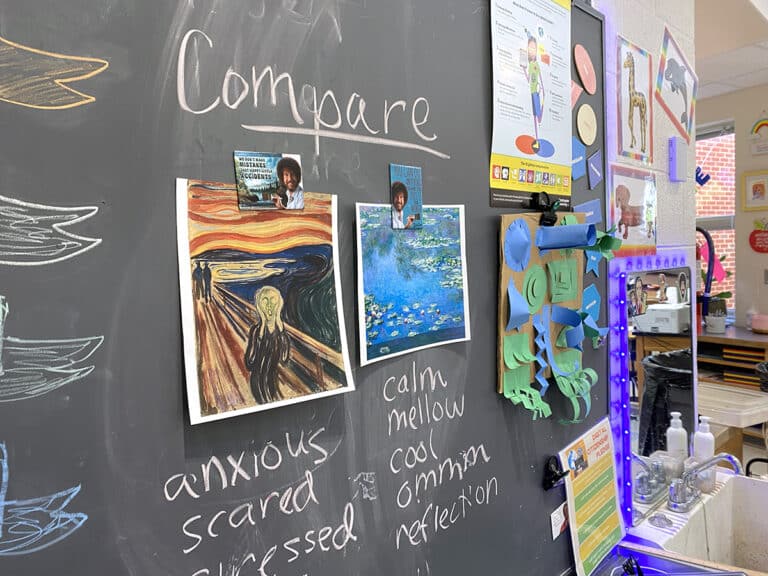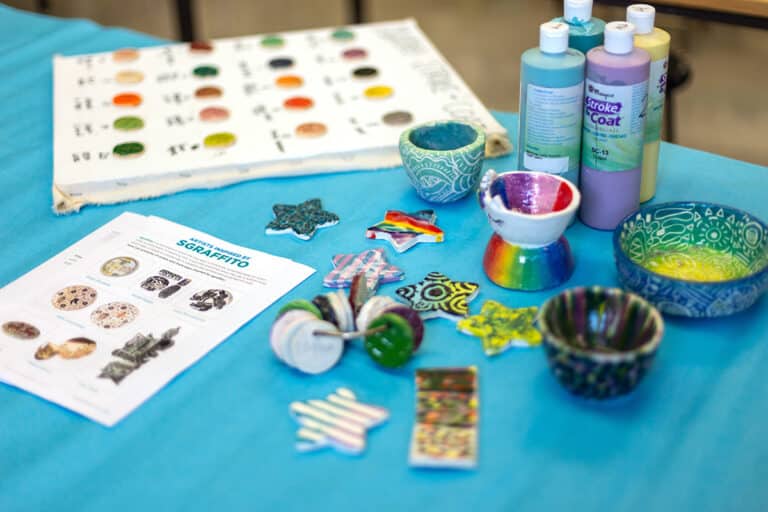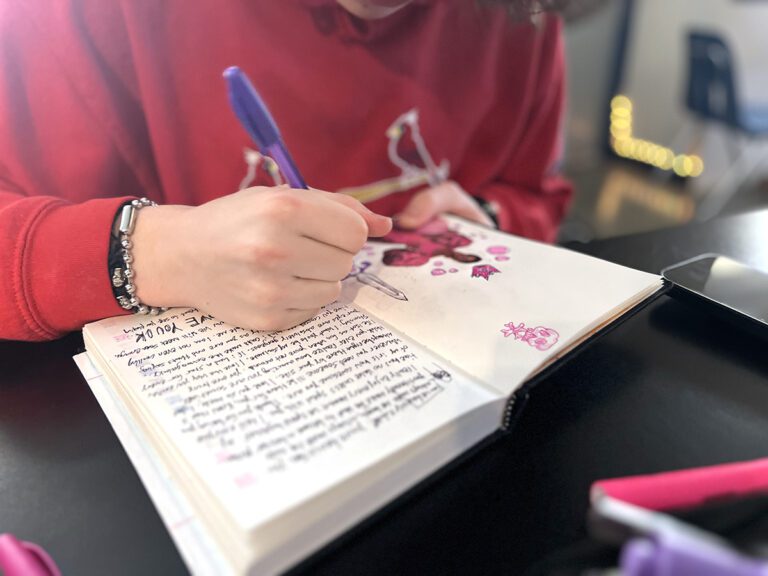As educators, recognition for our hard work and dedication is critically important as it fosters continued engagement and validation. Because we know how important this recognition can be, we should acknowledge other educators who are giving their all to engage and enrich students’ lives.
Why is Recognition Important?
Nationally-observed Teacher Appreciation Week is around the corner and should give us pause to celebrate other educators in our life. But this shouldn’t be a once-a-year celebration. It is easy to become complacent as we expect more and more out of ourselves and our fellow educators. However, many teachers can pinpoint a moment of receiving praise that catapulted them into the person they are today. Recognition can become contagious as those who are honored want to share those feelings with others.
Consider these 8 creative and practical approaches to teacher recognition:
1. “Teachers I Am Missing”
As art teachers, we have a particular set of artmaking skills we can use to our advantage. For me, artmaking and recognition were combined for a unique personal project. During the initial quarantine of spring 2020, I taught from home and realized I really missed my colleagues. I started a social media project titled “Teachers I am Missing.” Each school day, I sat down and painted a cartoony portrait of a teacher from my school. This project became a therapeutic and creative outlet for me as I spent time thinking about these educators. I would post the image on social media with a short story or explanation of why I missed this person.
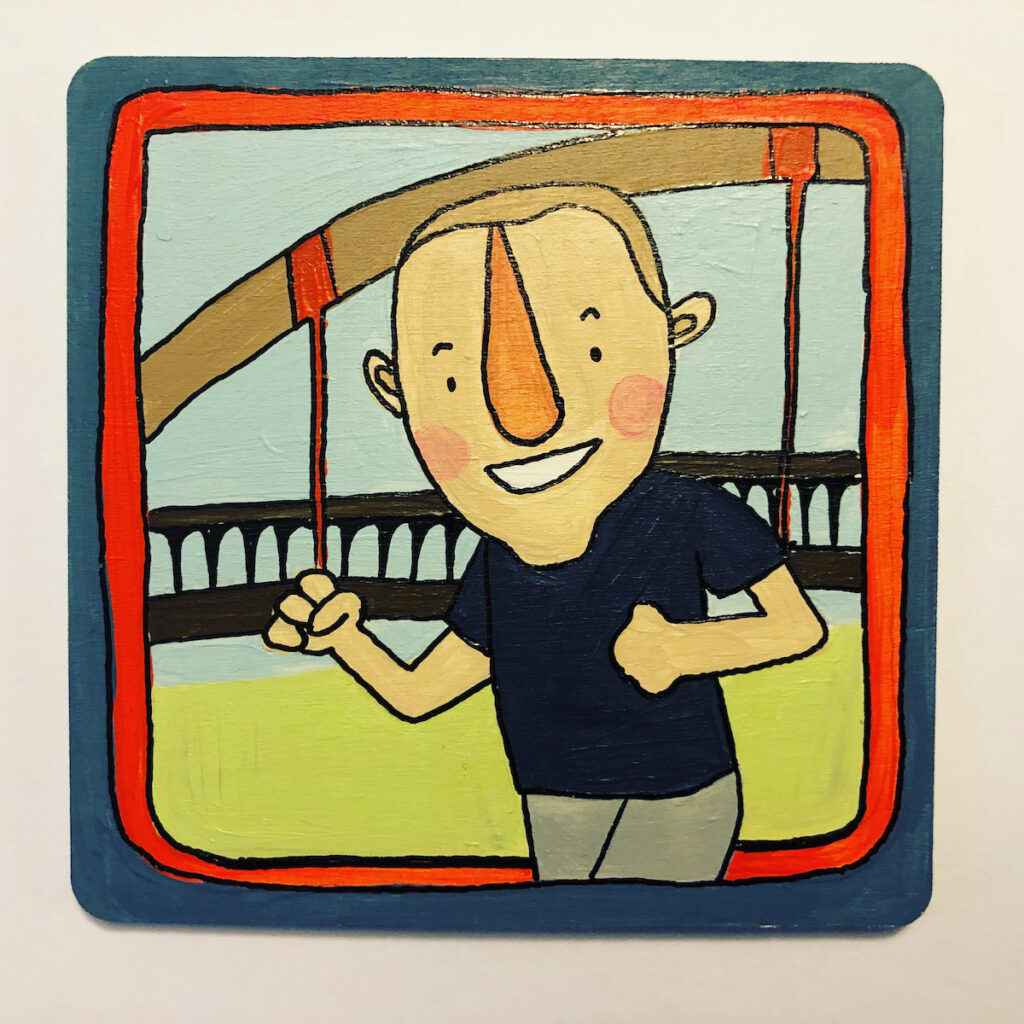
If this is an intriguing idea, but the number of teachers in a school building feels daunting to embark on a project like this, consider engaging students in the recognition project. Reimagine a portrait lesson with a focus on school staff. Students can select a teacher from the building and create an artwork based on this individual. Present the portraits to the teachers, who undoubtedly will be touched by the thoughtfulness.
2. Social Media
Social media is a powerful tool. Sharing teacher’s stories are a simple yet meaningful way to recognize individual educators for the small moments of goodness others may not see. The Ohio Department of Education used the hashtag #OhioLovesTeachers to celebrate and collect wonderful stories of teachers throughout the state. Investigate how your district or state may do something similar or start your own campaign.
3. Share Your Artwork
In the art room, there are teacher examples we started with a class and never finished. Why not cut them up and repurpose them? These works can be given as tiny abstract images for hanging. Or the images can become notecards with accompanying words of thanks.

Purchase inexpensive frames meant for banquet place cards to make miniature affirmation statements. These small works can be gifted to others and make perfect visual reminders near a desktop computer or classroom phone.
What about some of your personal artwork sitting in bins in the basement? Gift a piece of artwork to a special teacher who would appreciate it or as a thank you for going above and beyond.
4. Find a Creative Accomplice
Your creative solutions to recognition do not have to rest solely on your shoulders. Invite a creative accomplice to help in the process. For me, this is an intervention specialist named Stacy with the most beautifully whimsical handwriting. Working with someone else to recognize and celebrate others is efficient and much more fun.
5. Create Awards
In high school, there are often superlative awards for best hair, most assertive opinion, or most artistic. Consider re-imagining this recognition opportunity for school staff. Everyone’s name goes into a hat to be selected at random. Staff members pick out a name and are prompted to develop an award for that person based on their personal experience.
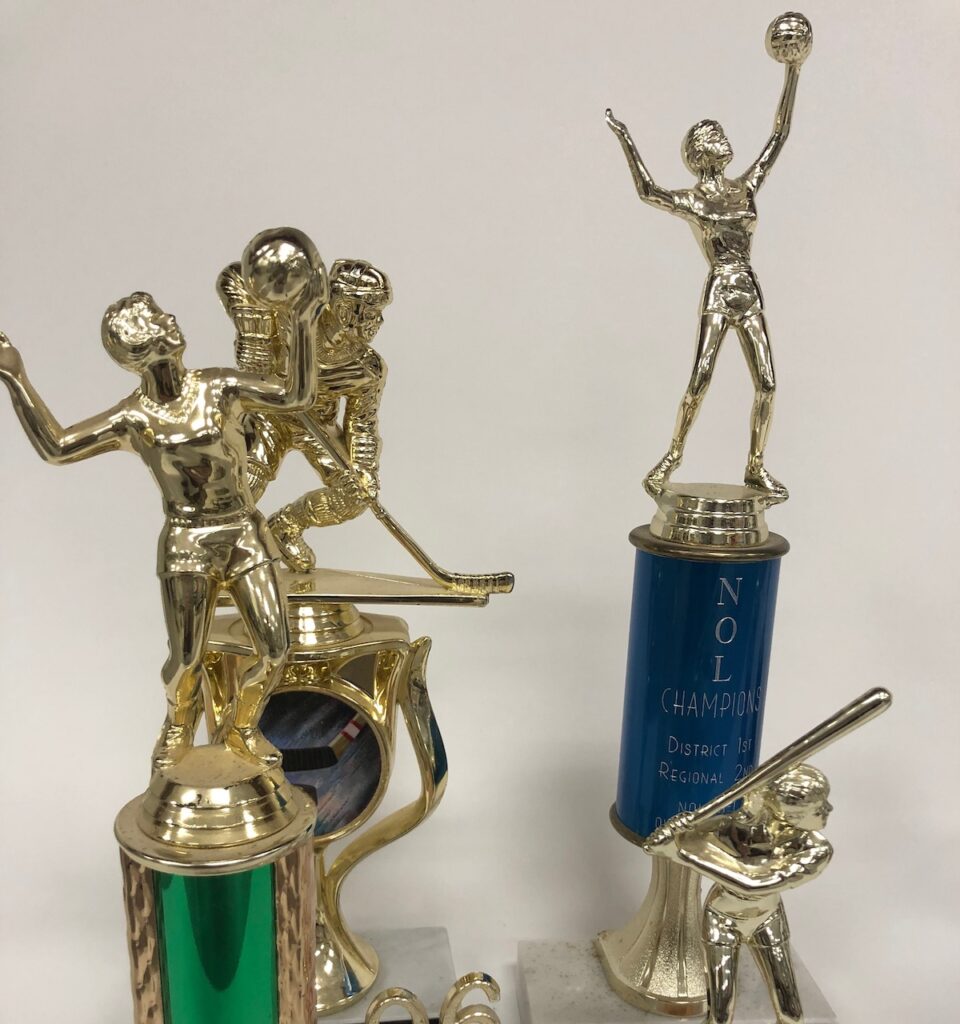
Host an event at the end of the year or an online award show where individuals present their awards to their selected staff members. You may elicit laughter and tears as teachers are recognized with the “lifesaver award,” “best bulletin boards,” or “loudest voice in the hall.” Awards take the form of printed certificates, gifts, or repurposed trophies.
6. Send an Email
We all love getting an impromptu, positive, and complimentary email. If we love getting them, we should send them, too. I got into the practice of asking my daughter about her day.
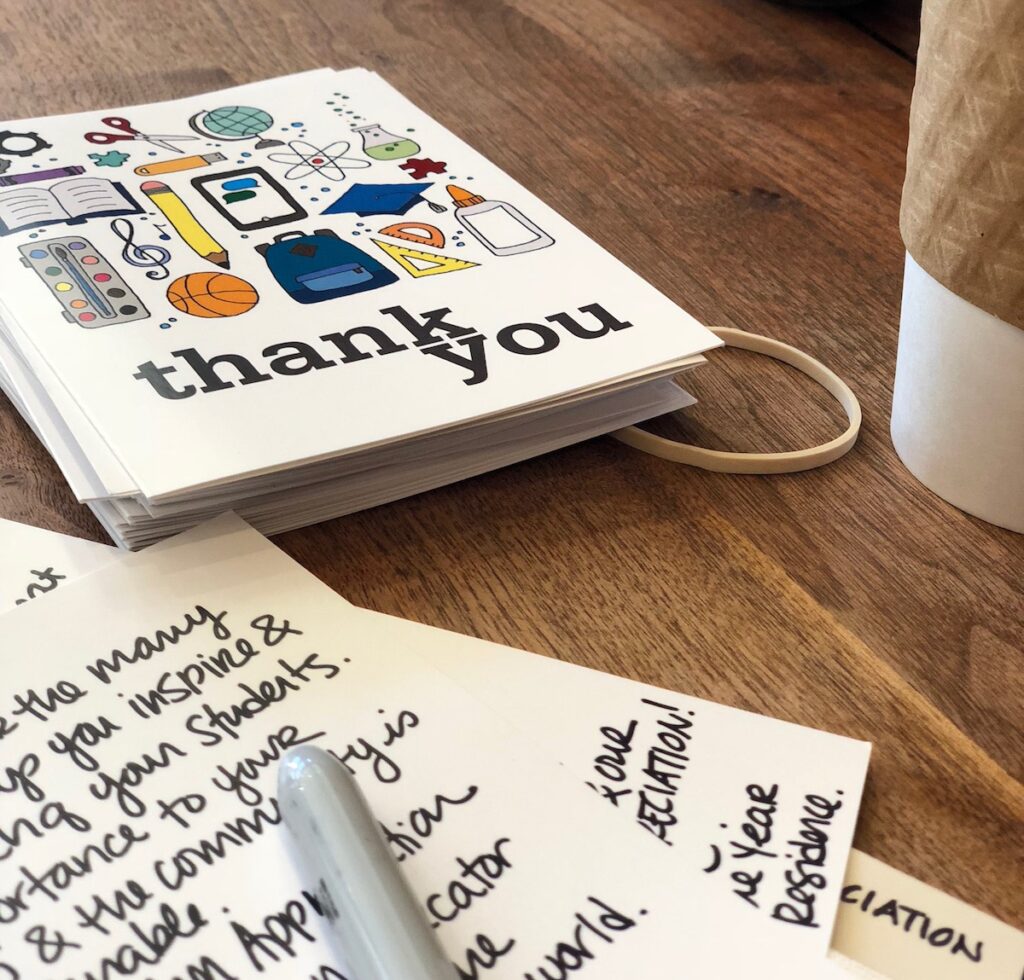
If something stood out, I would send an email to the teacher she mentioned highlighting their contagious enthusiasm and thanking them for their efforts. We all know those emails matter.
7. Nominate
There are formal recognition programs for which teachers can be nominated. If there is a teacher in your life who stands out, nominate them. There are national, state, and local level recognitions as well as discipline-specific programs. As art teachers, many state associations have their own awards programs. There are awards and recognitions out there waiting for your nomination.
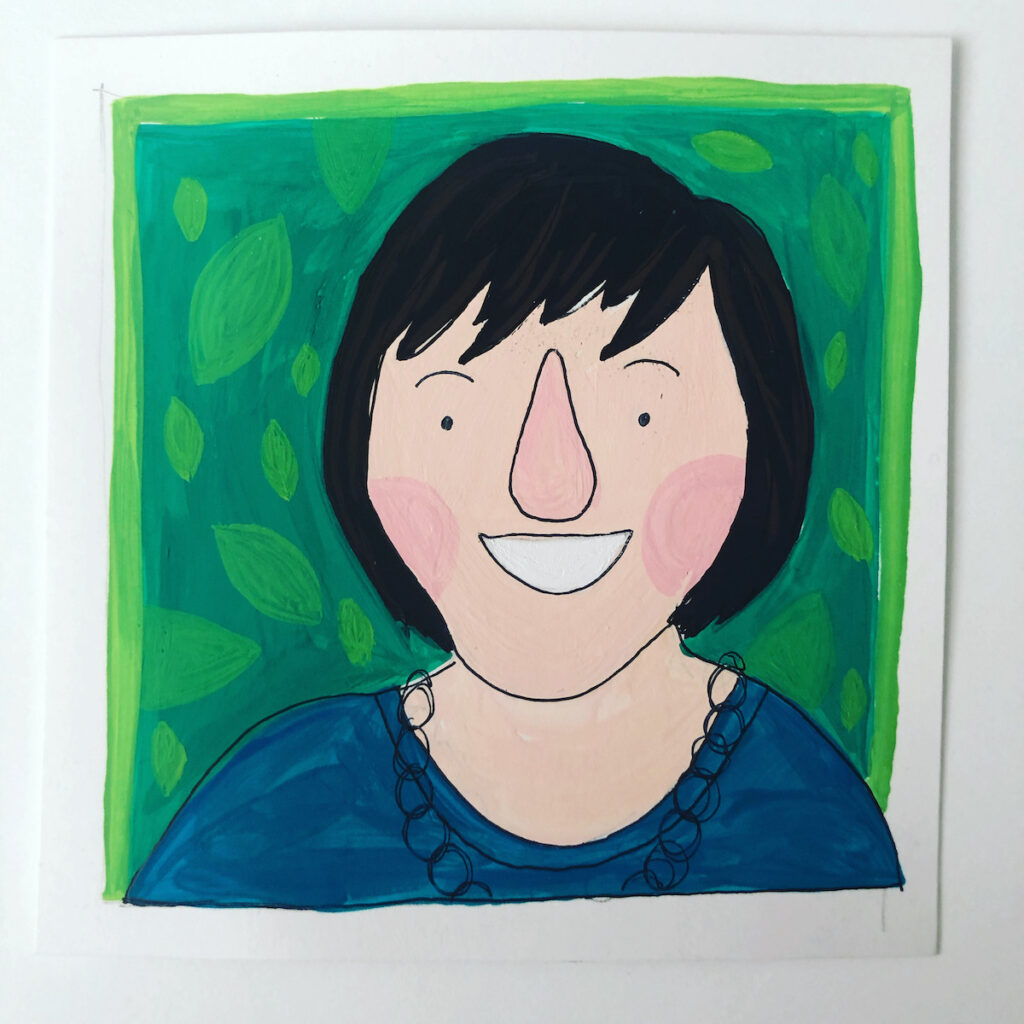
None of this work is one person’s responsibility alone. Share the nomination information you find with others within your circle so they can nominate other teachers, too.
8. Practice Self-Recognition
As we acknowledge others, we may question why someone is not doing the same for us. These feelings are valid and are hard to work through. Remember why we recognize and celebrate others—because we personally know it matters.
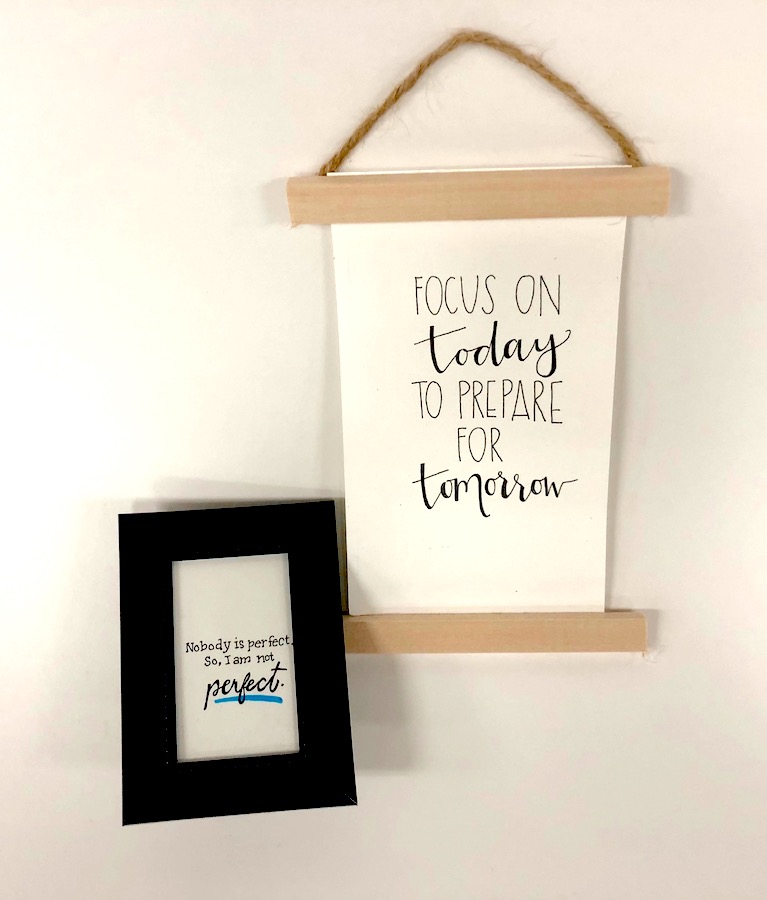
8 Things that Amazing Art Teachers Do (Ep. 031)
Teachers must take time to consider and celebrate their own accomplishments. Appreciate even the smallest victories from the day and say them out loud. Share your achievements with others. Call a friend, email the principal, or post to social media sharing the goodness of the day. Are you concerned about being too boastful? Don’t be, but just in case, you can always run it past someone who will keep you in check.
Teacher recognition matters as it supports, validates, and encourages educators to continue doing what they do best—engaging and enriching students’ lives.
How do you recognize the hard work and achievements of staff in your building?
What is one milestone or accomplishment you’d like to share for a little recognition?
Magazine articles and podcasts are opinions of professional education contributors and do not necessarily represent the position of the Art of Education University (AOEU) or its academic offerings. Contributors use terms in the way they are most often talked about in the scope of their educational experiences.


